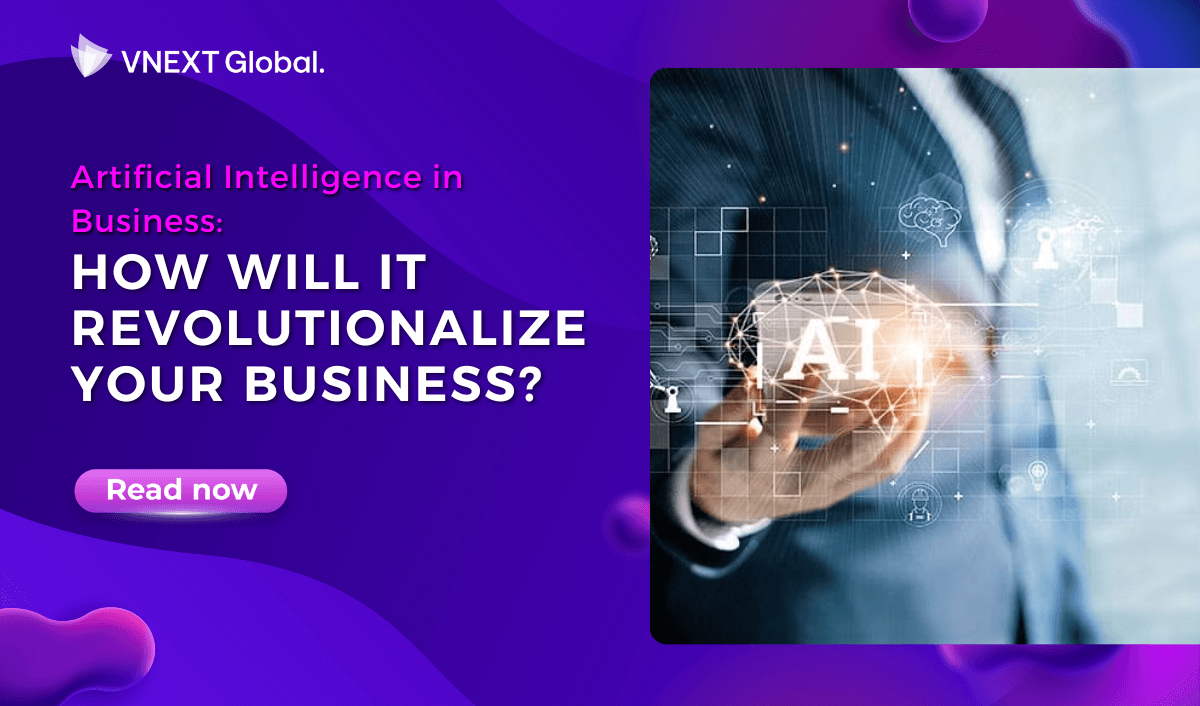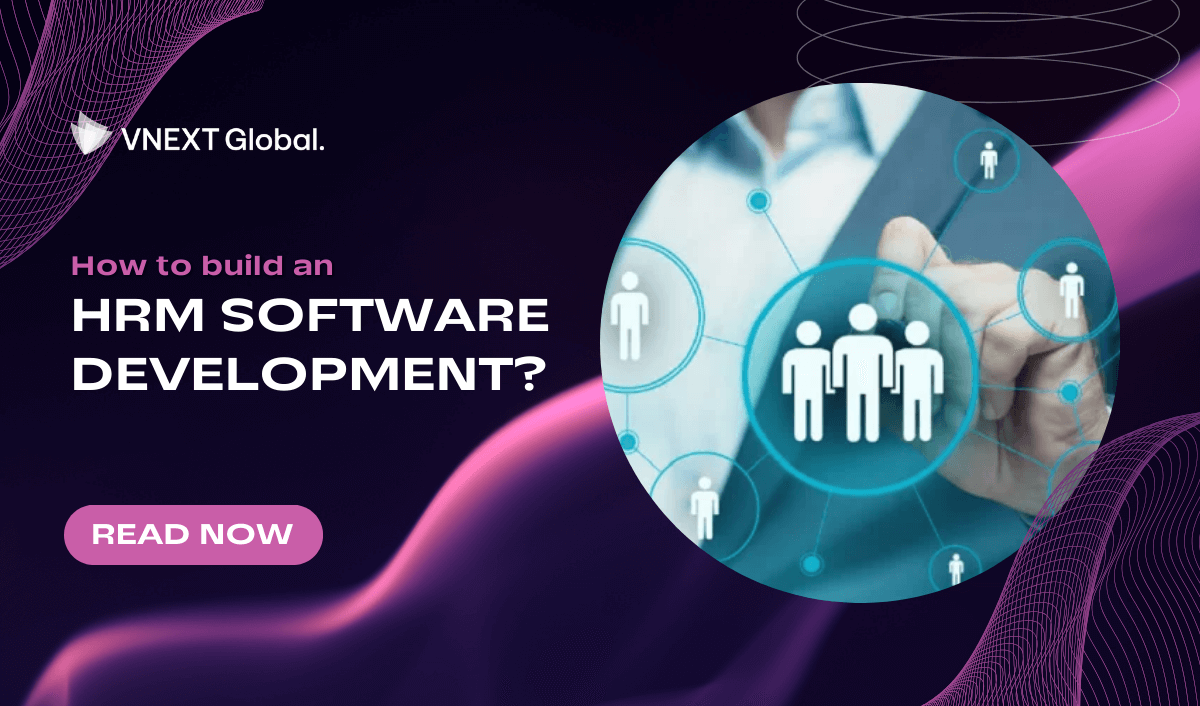Artificial Intelligence in Business: How Will It Revolutionalize Your Business?
Artificial intelligence (AI) is a technology that has revolutionized the way we think about data analysis, automation, and decision-making. It has transformed various industries, including businesses, by enhancing productivity, efficiency, and profitability. AI can be defined as a collection of algorithms, tools, and techniques that allow machines to learn from data and make intelligent decisions. In the context of business, AI can be used to automate routine tasks, improve customer service, and make better decisions. This essay explores what AI in business entails, provides real-world examples of AI applications in various industries, discusses the industries that use AI the most, weighs the pros and cons of implementing AI in business, and finally, examines the impact of AI on business.
1. What is artificial intelligence in business?
Artificial intelligence in business refers to the use of algorithms and machine learning techniques to automate routine tasks, improve customer service, and make data-driven decisions. The use of AI in business has grown significantly in recent years, with many companies using it to enhance productivity, reduce costs, and gain a competitive edge. AI can be used in different areas of business, such as marketing, sales, customer service, supply chain management, and human resource management. In marketing, AI can be used to analyze customer behavior and preferences, personalize marketing campaigns, and optimize pricing. In sales, AI can be used to automate lead generation, identify potential customers, and improve the accuracy of sales forecasting. In customer service, AI can be used to provide personalized assistance, automate responses to frequently asked questions, and monitor social media for customer complaints. In supply chain management, AI can be used to optimize inventory management, track shipments, and identify areas for improvement. In human resource management, AI can be used to automate recruiting, improve employee retention, and enhance performance management.
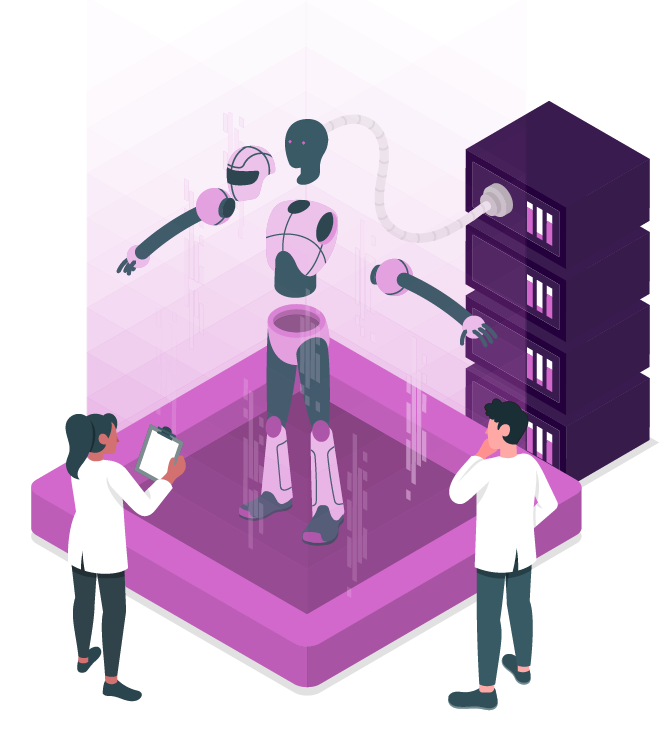
2. What is artificial intelligence in business examples?
There are several examples of AI applications in business across different industries. Some of these examples are:
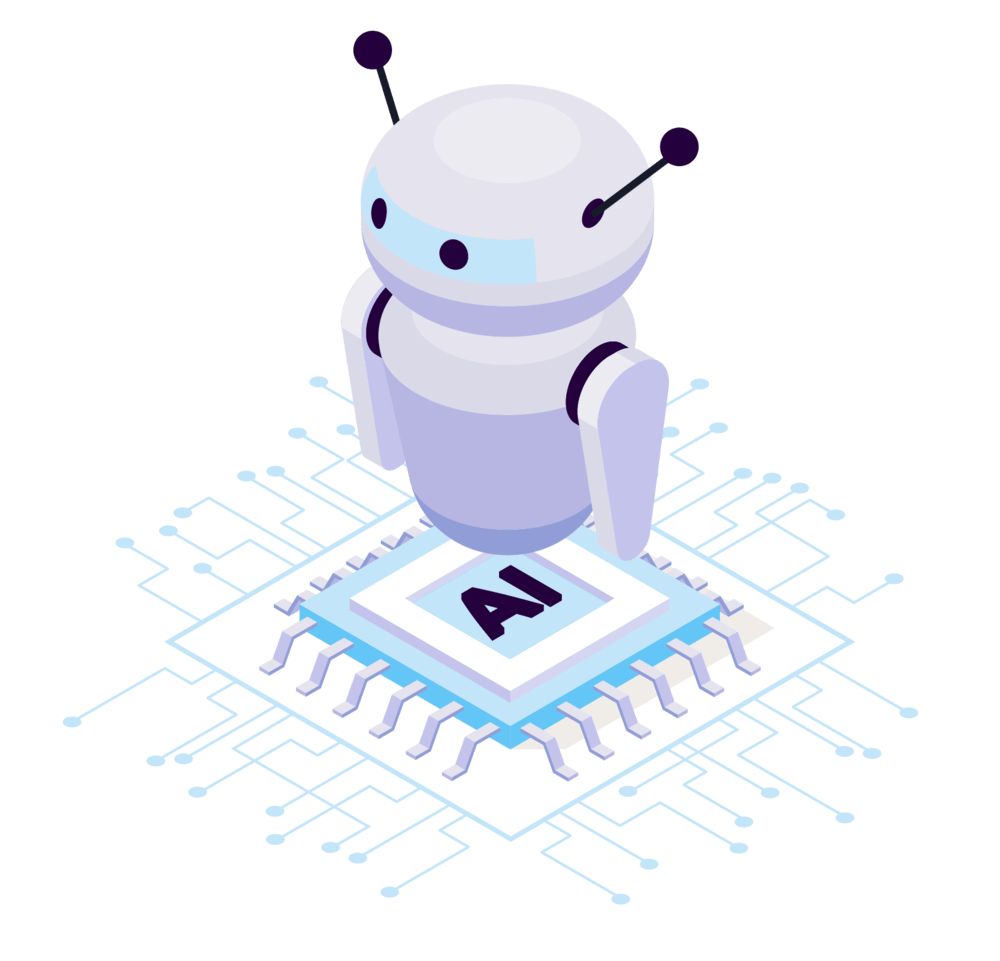
A. Healthcare:
AI is used to improve diagnosis accuracy, predict patient outcomes, and assist with surgical procedures. For instance, Google's DeepMind developed an AI system that can predict kidney injury up to 48 hours before it occurs, giving doctors enough time to intervene and prevent it from happening.
B. Finance:
AI is used to detect fraud, automate financial processes, and optimize investment portfolios. For example, JPMorgan Chase uses an AI system called COiN that can interpret legal documents and extract data, saving the bank thousands of hours in manual processing.
C. Retail:
AI is used to personalize marketing, optimize pricing, and automate supply chain management. For example, Amazon uses AI to recommend products to customers based on their browsing history, purchase history, and other data points.
D. Manufacturing:
AI is used to optimize production, reduce waste, and improve quality control. For example, BMW uses AI to predict when machines need maintenance, reducing downtime and increasing efficiency.
.png)
3. Which industries use AI the most?
AI has been adopted in various industries, but some industries have embraced it more than others. According to a survey by McKinsey & Company, the industries that use AI the most are:
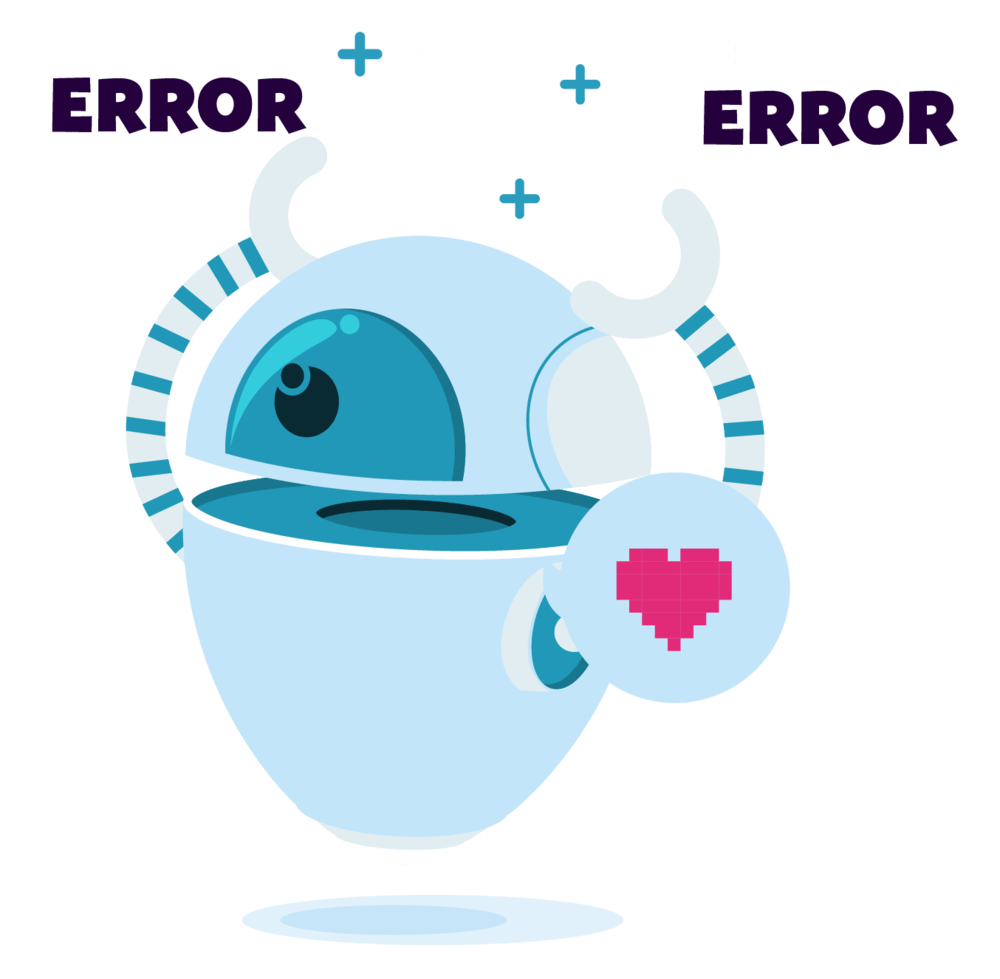
A. High Tech:
This industry has the highest adoption rate of AI, with companies using it to automate routine tasks, enhance cybersecurity, and develop new products and services.
B. Telecom:
This industry uses AI to improve network performance, optimize pricing, and provide personalized services to customers.
C. Automotive:
This industry uses AI to develop self-driving cars, improve safety features, and enhance production efficiency.
D. Financial Services:
This industry uses AI to detect fraud, automate financial processes, and optimize investment portfolios.
E. Healthcare:
This industry uses AI to improve diagnosis accuracy, predict patient outcomes, and assist with surgical procedures.
.png)
4. Why or why not should your business implement AI?
AI in business has both advantages and disadvantages. Before a business decides whether to implement AI, it should carefully consider the following pros and cons.
A. Advantages of implementing AI in business
-
Improved efficiency and productivity: AI can automate routine tasks, freeing up employees to focus on more strategic tasks. This can increase productivity and efficiency, leading to cost savings and faster delivery of products and services.
-
Better decision-making: AI can analyze vast amounts of data and provide insights that humans might miss. This can help businesses make data-driven decisions and improve outcomes.
-
Enhanced customer experience: AI can personalize customer interactions, provide faster responses to customer inquiries, and improve the overall customer experience.
-
Competitive advantage: By implementing AI, businesses can gain a competitive edge by delivering products and services more quickly and efficiently than their competitors.
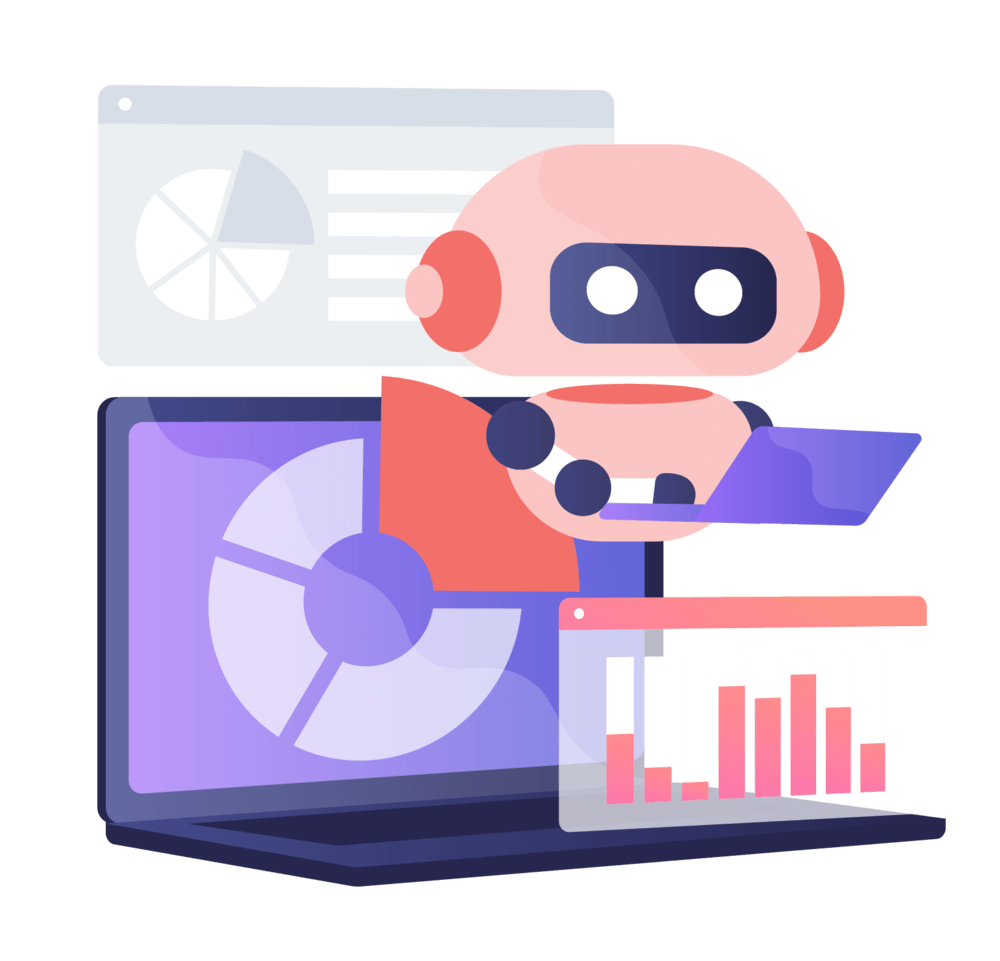
B. Disadvantages of implementing AI in business
-
High costs: Implementing AI can be expensive, requiring investment in hardware, software, and training. Additionally, ongoing maintenance costs can be high.
-
Job displacement: AI can automate tasks that were previously performed by humans, potentially leading to job displacement. This can create social and economic challenges, such as unemployment.
-
Data privacy and security concerns: AI relies on data, and businesses must ensure that data privacy and security are maintained. This requires implementing measures such as data encryption, access controls, and employee training.
-
Bias and ethical concerns: AI algorithms can be biased, leading to unfair outcomes. This can result in negative publicity and legal challenges.
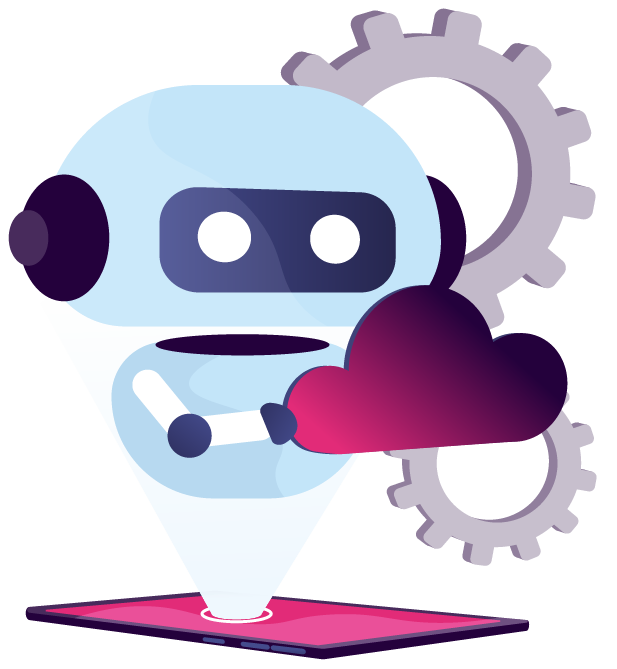
5. How will AI affect business?
AI is already transforming the business landscape, and its impact is likely to grow in the coming years. Here are some ways that AI will affect business:
- Increased automation: AI will continue to automate routine tasks, freeing up employees to focus on more strategic tasks. This will lead to increased productivity and efficiency, but also job displacement.
- Improved decision-making: AI will continue to provide insights and recommendations that humans might miss, leading to better decision-making and improved outcomes.
- Enhanced customer experience: AI will continue to personalize customer interactions, provide faster responses to customer inquiries, and improve the overall customer experience.
- New business models: AI will enable new business models, such as those based on personalized products and services, subscription models, and data-driven insights.
- Increased competition: AI will create a more level playing field, enabling smaller businesses to compete with larger ones by leveraging AI technologies.
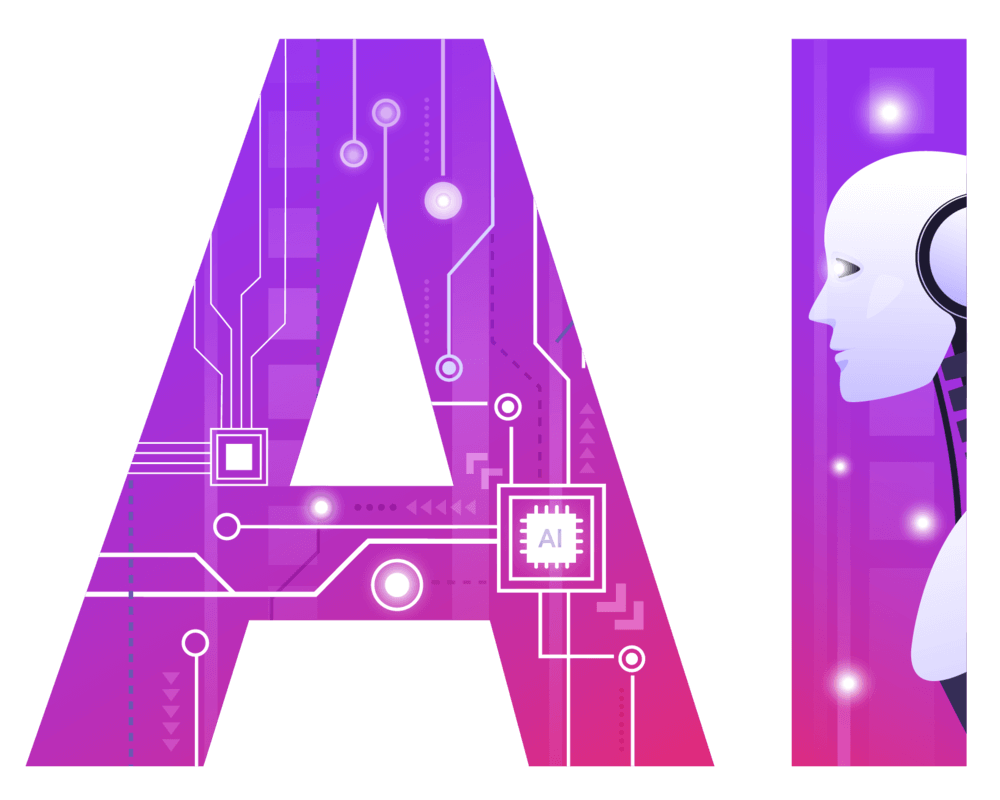
Final thoughts
AI is already transforming the business landscape, and its impact is likely to grow in the coming years. Businesses that embrace AI can gain a competitive edge by delivering products and services more efficiently and effectively. However, businesses must also carefully consider the potential costs, job displacement, data privacy and security concerns, and ethical issues associated with implementing AI. Ultimately, the key to successfully implementing AI in business is to carefully evaluate its potential benefits and risks, and to develop a thoughtful implementation plan that takes into account the unique needs of the business and its customers
If you are looking for a trusted IT partner, VNEXT Global is the ideal choice. With 14+ years of experience, we surely can help you to optimize your business digitalization within a small budget and short time. Currently, we have 400+ IT consultants and developers in Mobile App, Web App, System Development, Blockchain Development and Testing Services. We have provided solutions to 600+ projects in several industries for clients worldwide. We are willing to become a companion on your way to success. Please tell us when is convenient for you to have an online meeting to discuss this further. Have a nice day!

